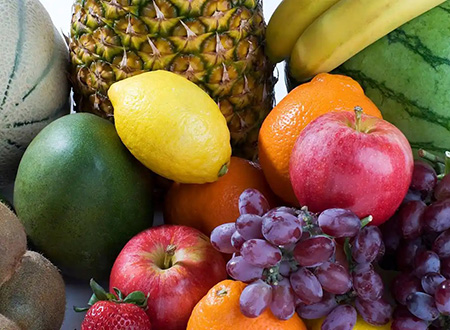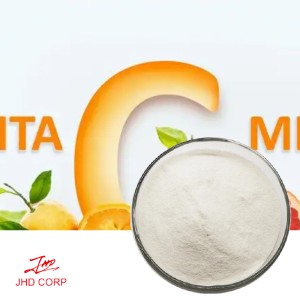Is the Natural Ascorbic Acid in Fruit the Same as Synthetic Ascorbic Acid?
Natural and synthetic ascorbic acid are chemically the same and function identically in the body. However, consuming vitamin C from whole fruits and vegetables offers additional health benefits due to the presence of complementary nutrients.
Ascorbic acid, commonly known as vitamin C, is an essential nutrient that plays a vital role in various bodily functions, including immune support, collagen synthesis, and antioxidant defense. While it is naturally found in fruits and vegetables, such as oranges, strawberries, and bell peppers, synthetic ascorbic acid is also widely produced and used in dietary supplements and food fortification. This raises an important question: is the natural ascorbic acid found in fruit the same as its synthetic counterpart?
From a chemical standpoint, natural and synthetic ascorbic acids are identical. Both forms share the same molecular structure (C6H8O6) and function equivalently in the body. Once ingested, the body cannot distinguish between the two sources of vitamin C, as they are absorbed and utilized similarly. This means that synthetic ascorbic acid can effectively meet the body’s vitamin C requirements like the natural form found in whole foods.

However, there are nuances to consider. In fruits and vegetables, ascorbic acid(vc) powder is accompanied by a variety of other beneficial compounds, such as flavonoids, carotenoids, fiber, and other vitamins. These compounds can enhance the bioavailability and efficacy of vitamin C through synergistic effects. For example, flavonoids have been shown to improve the absorption and antioxidant activity of ascorbic acid. Synthetic vitamin C supplements, on the other hand, typically lack these additional nutrients unless they are specifically formulated to include them.
Another factor to consider is the source of synthetic ascorbic acid. Most commercially produced vitamin C is derived from glucose through a fermentation or chemical process. While this method ensures a pure and stable product, some individuals prefer obtaining their nutrients from whole foods due to concerns about processing or additives in supplements.















